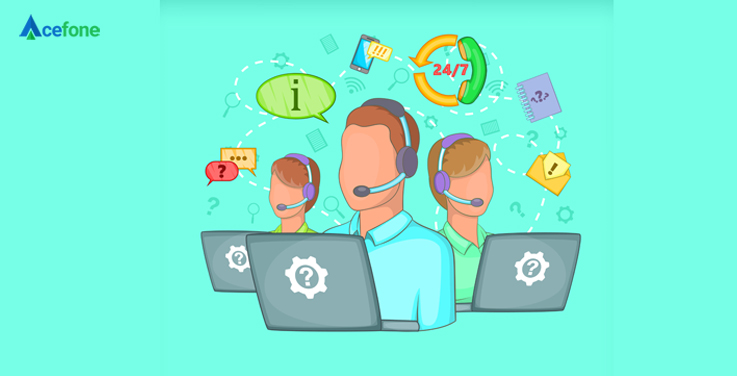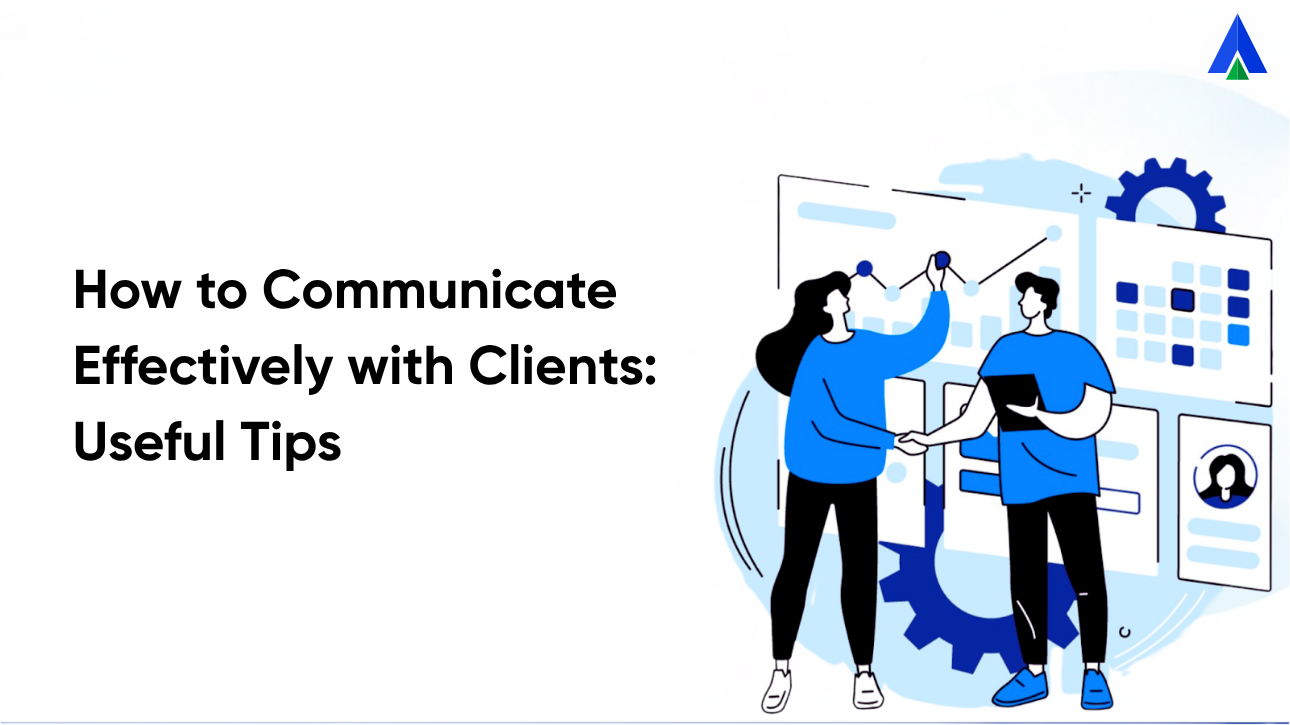Update: This article was recently updated to provide accurate and up-to-date information on the page.
A contact center solution is one of the most critical setups for delivering smooth customer experiences. While advanced technologies can improve the efficiency of these services, the final call is always in the hands of those who use these technologies—agents.
There is no dearth of agents, however, a business must have a keen understanding of what qualifies as a good contact center agent.
Similarly, aspiring agents must also develop the skills that companies seek in such positions.
Having the right agents is also crucial to developing lasting relationships with customers. In a world that is increasingly demanding superior customer service, agents have found themselves in an important role to deliver the same.
Each caller is different. Each query varies. While scripts may help speed up the resolution process, in the end, going off-script is what makes the difference between a positive and neutral customer interaction.
For this, agents must possess specific skills and traits that can help them deliver unparalleled customer service.
We have compiled a list of the skills that a modern customer service agent must possess to work efficiently in a contact center.
1. Communication skills
Good communications skills are now a prerequisite for all types of jobs. However, for a contact center agent, it is one of the most important skills to possess. An effective agent is one who chooses the right words at the right time.
In fact, speaking the right things is not always sufficient; when to speak, how to speak, and when not to speak are all skills that aspiring agents must develop. Additionally, contact center agents must also be excellent listeners.
Often people try to get a word in. This is true in contact centers also. Agents might think they have understood the problem and jump to solutions without listening to the complete issue.
However, this can be negated by becoming a good listener.
Remember, customers prefer agents who listen to all their concerns and then act.
Read our blog “Inbound call center” here.
2. Multi-task
Contact centers are areas with intense workloads. While automated technologies such as smart Interactive Voice Systems (IVR) and virtual receptionists, among others, are easing the processes of agents, many customers still want to interact with a human agent.
Agents are constantly juggling calls. With tools such as auto-diallers, calls are often made one after the other.
While the phone rings, the agent must equip themselves with the history of the caller. They are expected to go over the history, listen to the customer, prepare a response, and move on to the next caller in this short time.
All of this requires them to be master multi-taskers. Not only does this allow agents to better their output, but it also improves the efficiency of the overall contact center.
3. Working under pressure
Taking over the last point, contact centers are areas with intense workloads. This often means countless hours of calls with customers and managing data entries.
With a high number of callers, some are bound to be frustrated at a product or service. This can even lead to customers raising their voices at agents, building pressure on them for quick resolutions.
Additionally, modern contact centers are heavily micro-managed. With metrics such as first call resolution and average handling time, agents have to perform their best to meet the standards set by managers.
This adds to the pressure of the workload on these agents. Thus, agents must be equipped to handle pressure from both customers as well as managers.
4. Empathy
Empathy is a necessary trait to possess as a contact center agent. Understanding problems from the other person’s perspective helps provide the right solutions on time.
In fact, showing empathy for a caller’s issues can turn them into loyal customers.
Agents must make every caller feel heard. Listening to the caller’s concerns and understanding their problems is the key to superior customer service.
When callers feel they are heard, they are more likely to stick to your service, as well as propagate a good word of mouth to their peers.
In a world cluttered by similar products and services, an empathetic contact center agent can be the difference between a positive and neutral customer interaction.
5. Positive attitude
Customers reach out to contact centers for all sorts of complaints. Displaying a positive attitude on-call can help agents keep these callers calm and avoid escalation.
Especially during times when problems are taking longer to resolve, a positive attitude ensures the caller that their complaint has been heard and is being worked upon.
A positive attitude can help build an aura of trust between the company and a caller.
6. Organisational skills
Agents have to browse through a lot of customer data. Not only that, but they also have to make regular entries on CRM platforms and update them after every call. Additionally, they have to make notes about every customer request and preference.
All of this information, if not organised correctly, can lead to loss of data and mismanagement. And, poor organisation skills also harm the overall delivery of customer service from a contact center.
7. Collaboration
In addition to the above point, organising is vital for individual use as well as the whole team. Contact centers often employ a large workforce so that all agents can work in tandem and clear customer queries.
It is essential to store the correct information at the right place not only for safe data-keeping but also for future reference to other agents.
Furthermore, if an agent cannot answer a particular query, teams can help them arrive at a quick solution. It builds a more robust network of qualified agents working towards a common goal.
8. Speed
Lastly, one of the most crucial skills to have is speed. Contact centers are often overburdened with work. On top of that, constant supervision forces agents to meet strict deadlines and KPAs (Key Performance Areas).
Speed is an important skill because of customer resolution. In today’s hyper-active world, customers are looking for instant gratification.
Therefore, agents must rise to this challenge and aim to solve queries and concerns promptly.
Summing up
Agents are the soul of a contact center. Without them, machines will continue to do repeated tasks without providing an excellent customer experience.
While many of the above-listed skills can be developed independently, companies must also provide proper training to their agents. They must make sure that agents have sufficient knowledge about the product and services to deliver quick service.
Additionally, training on cloud contact center software can significantly improve the overall efficiency of the agents.














